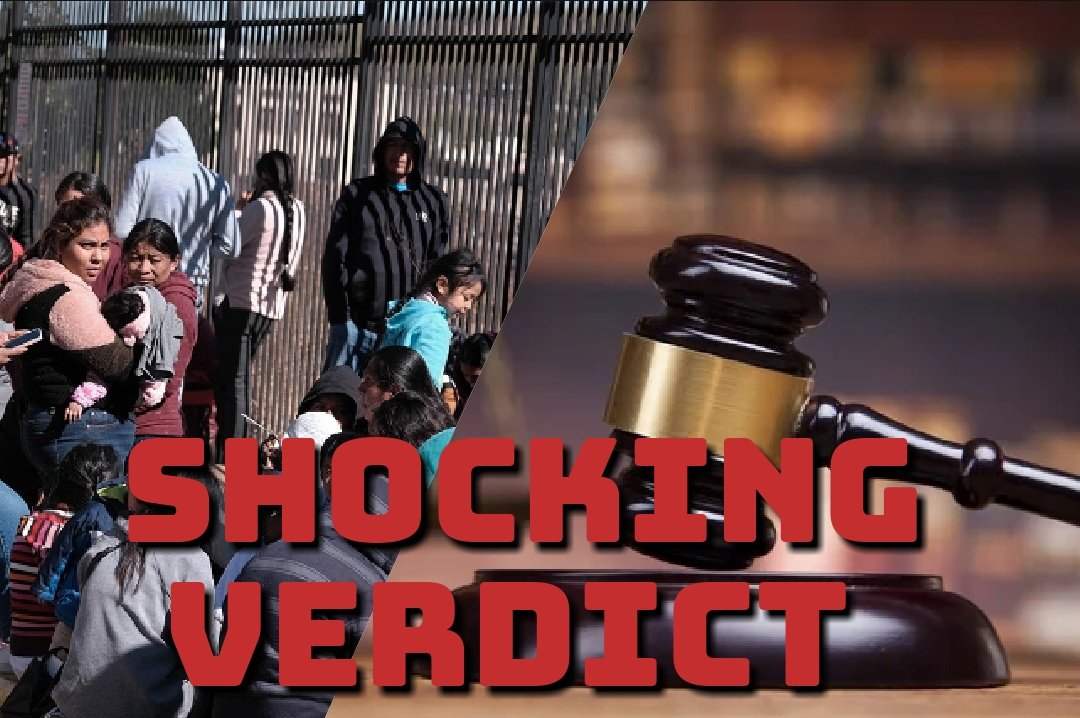In a groundbreaking decision that has sent shockwaves through the political and legal communities, the United States Supreme Court has temporarily halted the deportation of thousands of Venezuelan nationals under a rarely invoked wartime statute. The 5-4 ruling, issued late Thursday, challenges the Biden administration’s attempt to use emergency powers to fast-track removals amid growing immigration tensions.
At the center of the case is a decades-old law that grants the executive branch broad authority to expel non-citizens during periods of war or national emergency. The administration cited ongoing geopolitical instability and border security threats to justify its use of the statute. However, the Supreme Court majority found that the government failed to demonstrate a direct nexus between the alleged wartime conditions and the deportation of Venezuelans seeking asylum.
Justice Sonia Sotomayor, writing for the majority, asserted that the use of wartime powers in this context amounted to an overreach of executive authority. “Our constitutional framework does not permit the government to wield wartime law as a tool to bypass due process and expel vulnerable populations without proper hearings,” she stated. Her opinion emphasized the importance of judicial oversight, even during times of national stress.
The decision comes as a major blow to immigration hardliners and some members of Congress who had lobbied aggressively for swifter deportations, arguing that the influx of Venezuelan migrants was overwhelming border resources and threatening public safety. Critics of the ruling quickly denounced it as a dangerous precedent that undermines national sovereignty.
Meanwhile, immigrant advocacy groups hailed the decision as a historic win. “This is a turning point in the fight for justice and humanity in immigration policy,” said Marisol Herrera, director of the Refugee Alliance Network. “The Supreme Court has made it clear that fear and politics cannot override constitutional rights.”
The ruling applies to more than 250,000 Venezuelan migrants currently in the United States, many of whom fled economic collapse and political persecution under the Maduro regime. Legal experts say the decision could also set the stage for future challenges to similar deportation efforts targeting other nationalities under emergency statutes.
In a scathing dissent, Justice Samuel Alito warned that the ruling would “hamstring the executive branch in future crises” and described the decision as “judicial activism cloaked in moralism.” He was joined by Justices Thomas, Gorsuch, and Barrett, who argued that the majority undermined the government’s ability to protect national interests.
White House officials expressed disappointment with the decision but pledged to comply with the court’s directive. “We remain committed to securing our borders while upholding the rule of law,” said Homeland Security Secretary Alejandro Mayorkas. He added that the administration would review the legal implications of the ruling and adjust its enforcement strategies accordingly.
As the debate rages on, the Supreme Court’s stunning intervention has intensified scrutiny over the balance of power between national security and human rights—raising urgent questions about how far the government can go in the name of emergency.
